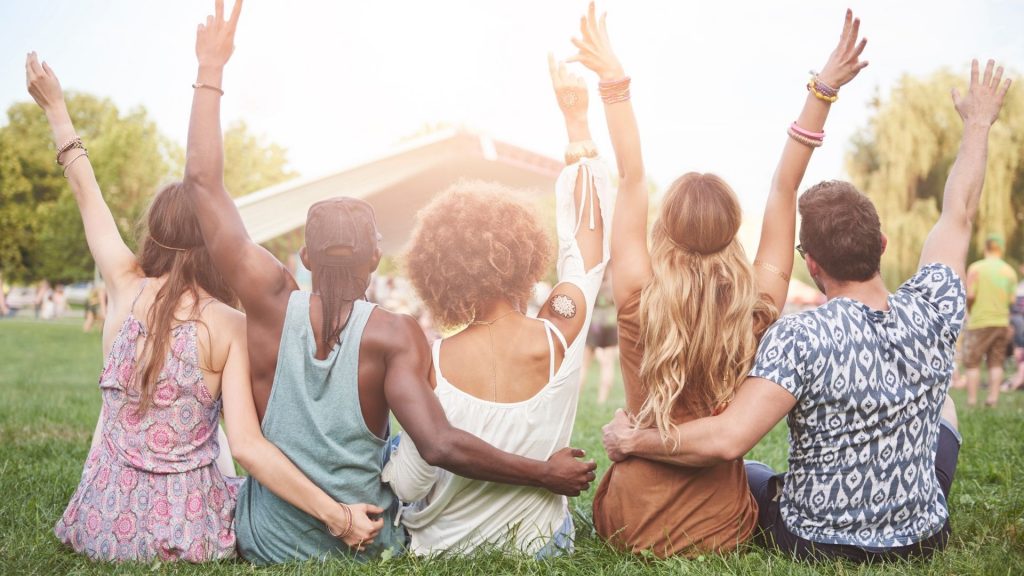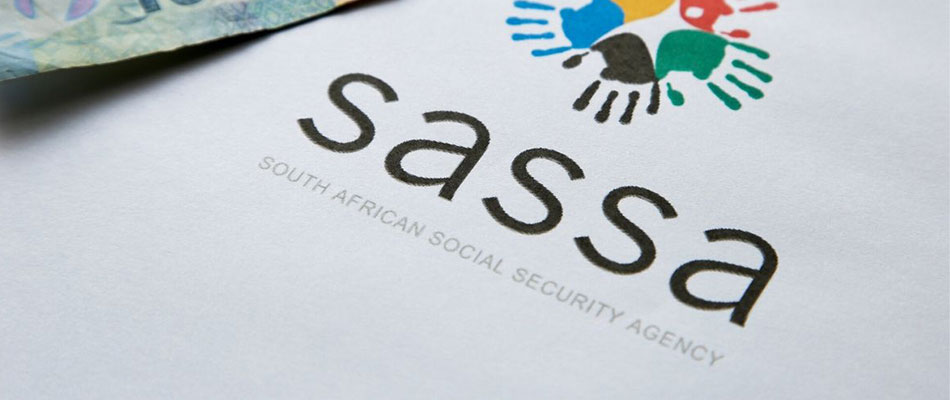Making new friends is a critical aspect of our lives. The ‘no new friends’ bandwagon is flawed. Our identity as human beings is bound up in the social relationships of which we are a part. These relationships provide a sense of community and belonging, and they are vital to our mental health and emotional wellbeing. Healthy relationships, whether romantic, friendships or familial, make our lives happier and healthier.
Within the African context, we often hear about the concept of ‘ubuntu’, a Nguni term meaning ‘humanity’. It is sometimes translated to ‘I am because we are’. In isiZulu, it is phrased as umuntu ngumuntu ngabantu – ‘I am a person through other people’.
Understanding the importance of making friends and forging relationships means understanding that in our modern, often fractured, urban, digital world, we struggle to form and strengthen these bonds. We all need to learn how to make new friends. Since the emergence of the Covid-19 virus, we have become even more isolated and more remote from these relationships of meaning.
 How then can we make new friends, and rebuild and support these vital human connections?
How then can we make new friends, and rebuild and support these vital human connections?
There are three types of human relationships:
• Acquaintances – these are the people who come and go in your life. The relationship is not deep and there is little sense of loss when the relationship ends.
• Friends – these are the social companions you might meet at work or a sports club. You usually socialise at public venues, and the conversations are topical and general.
• Intimates – They are the friends you trust. They are to be there for you whenever you need them, and you will do the same for them. There’s a connection that bridges time and space.
We usually have many acquaintances in our lives. They are work colleagues, neighbours, or parents of our children’s friends. But we want more of the friends and the intimates, people we can share our lives with. We want to experience the fullness of the meaning of umuntu ngumuntu ngabantu.
Here are 10 tips to making new friends.
1. Reach out
We may fear breaking into a new circle of friends because our shyness holds us back. What will they think of me? Will they like me? This blocks us from making new friends. Shyness toward others is a form of fear. A relationship is built on much stronger values than a first encounter. Make up your mind to reach out to people whom you think you may like.
2. Start with people you know
Alleviate the difficulty around making new friends by starting with your circle of acquaintances. Join the people who meet after work on a Friday. Invite someone for coffee. If you feel bold, organise a weekend picnic.
Accept invitations to social events, even if it’s not to your taste. It’s not the event that’s important, it’s the people you may meet. If you want to have more friends, you have to step out of your comfort zone.
3. Get out there
There are many interest groups advertised on social media. These may be groups for entrepreneurs, aspiring authors, vegetarians, board-game lovers, cycling enthusiasts, etc. Join a group that interests you. These groups usually meet monthly, and you stand to meet a large group of different people. Attending a course or a workshop is another great way to meet people. They offer a structured programme of activities and all you have to do is show up. Volunteering is another opportunity. Helping at an animal shelter or assisting with sports coaching will inevitably expose you to new people with similar interests to yours. Bars and clubs are other places to meet people, but always be careful and take the necessary precautions.
4. Take the first step
So, you are at a book launch or you are on a break at a workshop. Make the first move. Say hello. Share something about yourself, and then give the other person a chance to share as well. Talk about something easy, like what they are currently reading, or how they are finding the course. Once the ice is broken, it’ll be easier to connect.
5. Be open
New friends, as with everyone, are not 100 percent perfect. Be open-minded. Don’t judge or set unrealistic expectations. Interacting with people who look different and have different life experiences from you might just be what you need to broaden your horizons. Give the friendship a chance to blossom. Spend time in larger groups. Building a new friendship requires trust, faith, and belief in the goodness of others. Be genuine, supportive, and kind.
6. Get to know your new friend
A friendship is about both you and the other person. Get to know the person as an individual. Here are some questions to consider:
What does he/she do?
What are his/her hobbies?
What has he/she been up to recently?
What are his/her upcoming priorities/goals?
What does he/she value the most?
What are his/her values?
What motivates/drives him/her?
What are his/her passions in life? Goals? Dreams?
7. Be sincere
Don’t bring your baggage into a budding friendship. Concerns such as what others think of us, what we should say next, may cause us to miss the whole point of a friendship. Show warmth, love, and respect toward everyone you meet. Do things because you want to, and not because you have to. Be nice to be with. This is what makes one a valued human being.
8. Be yourself
This is a big one. Don’t pretend to be someone else to make new friends. In the long run, it is difficult to uphold this façade; it’s not the real you. The real you is the person worth knowing.
9. Be there for your friend
Remember umuntu ngumuntu ngabantu? You are a person through other people.
Be there for your friends where you can. Help out when they need help. Be a patient listener. Cook a meal. Do this unconditionally without seeking a reward. This is what real friends do.
10. Keep in touch
You have to put in the effort. Make the call. Send the WhatsApp message. Meet for coffee. Go to the art exhibition. Catch up from time to time. Yes, you are busy, and you are tired after work. It’s not about frequency, it’s about being connected. Use technology if you can’t meet in person.
Friendships are difficult. You have to put in the continual effort. Remember that willingness to make the effort is what differentiates great friends from acquaintances.
A circle of close and trusted friends will enrich your life and be a source of learning and meaning. Friends bring happiness into our lives. Friendships have a huge impact on our mental health and happiness. Good friends relieve stress, provide comfort and joy, and prevent loneliness and isolation.
Start today. Reach out to make a new friend. It might just be the best thing you do!
Read also:






